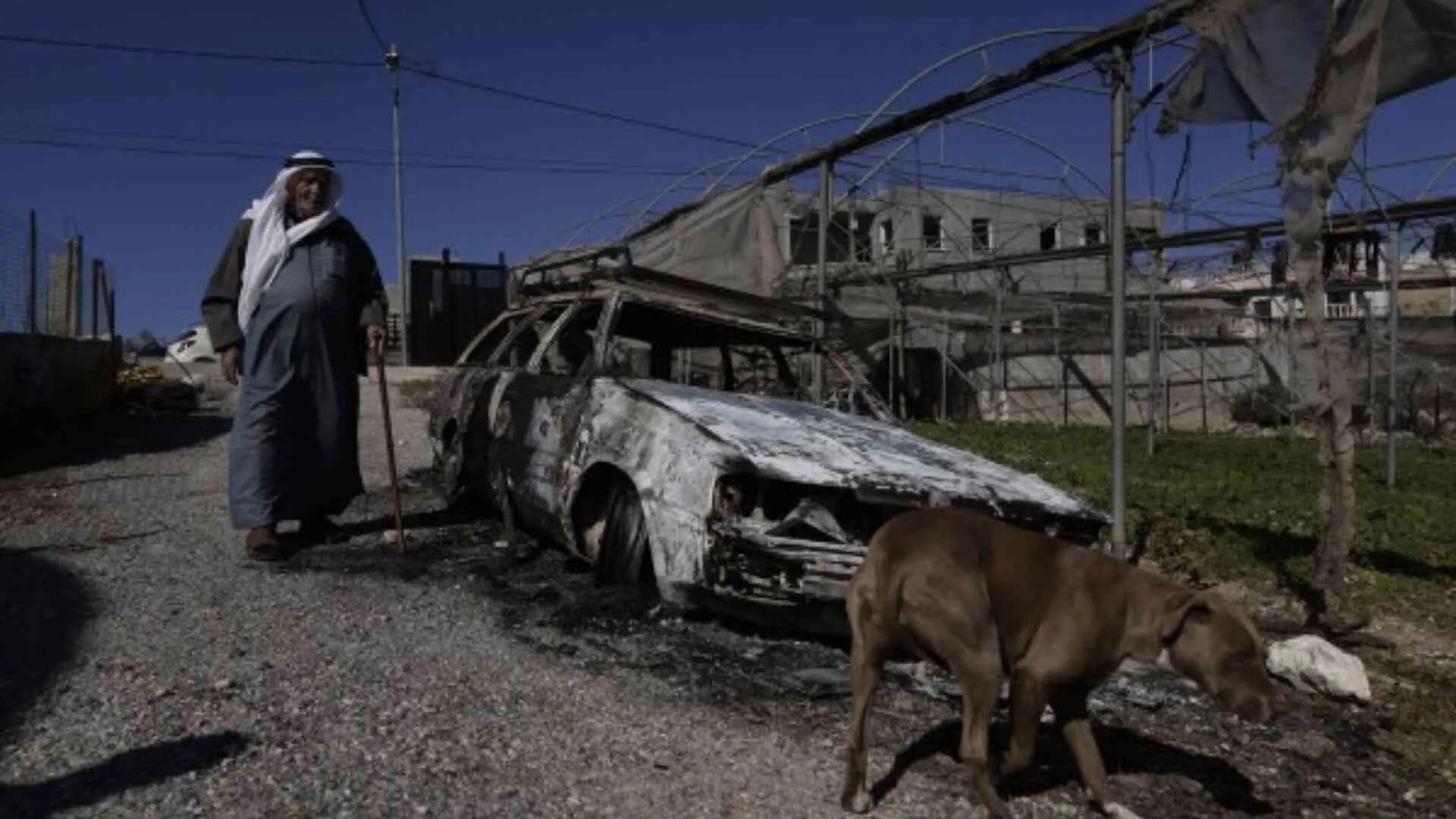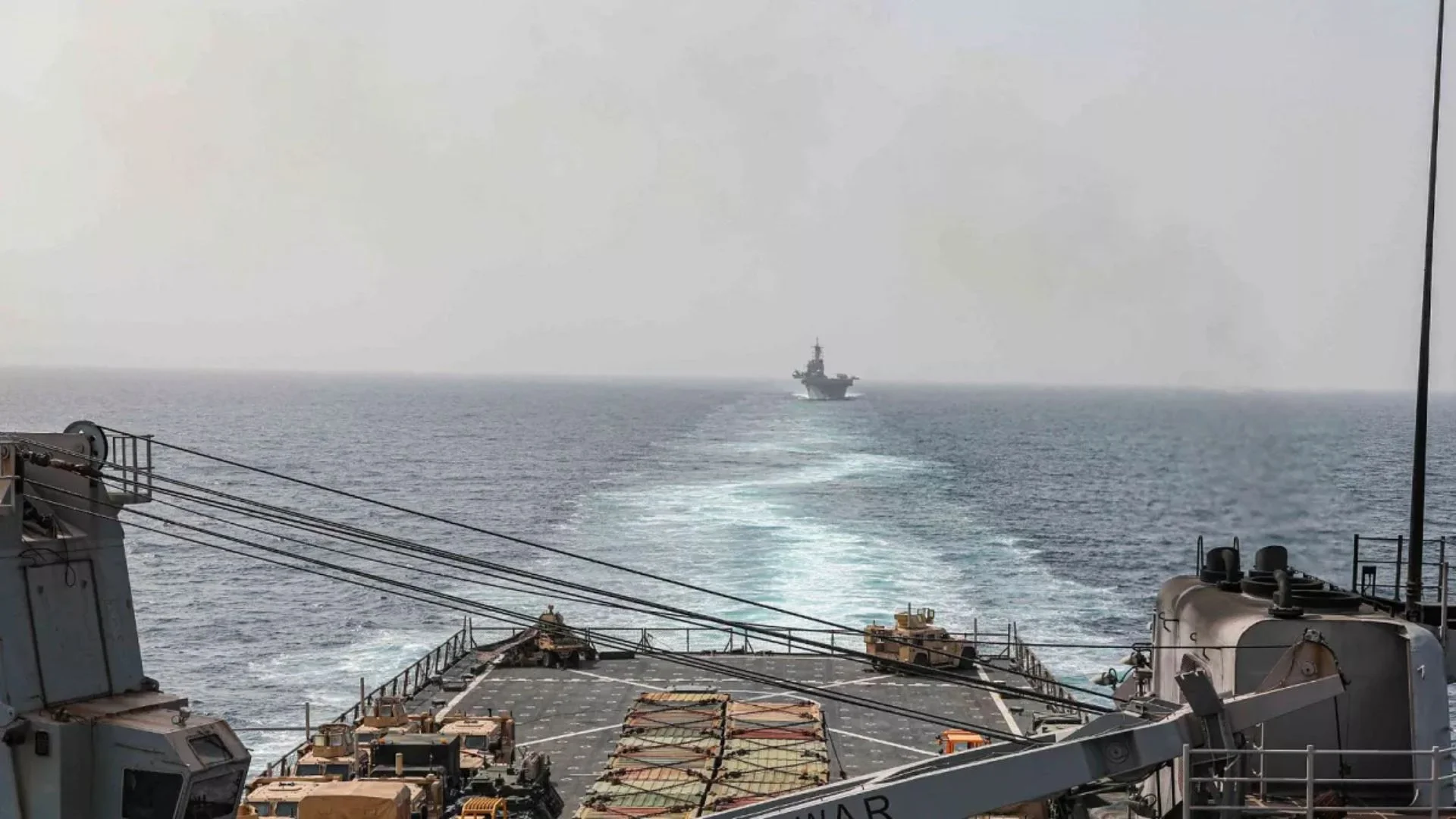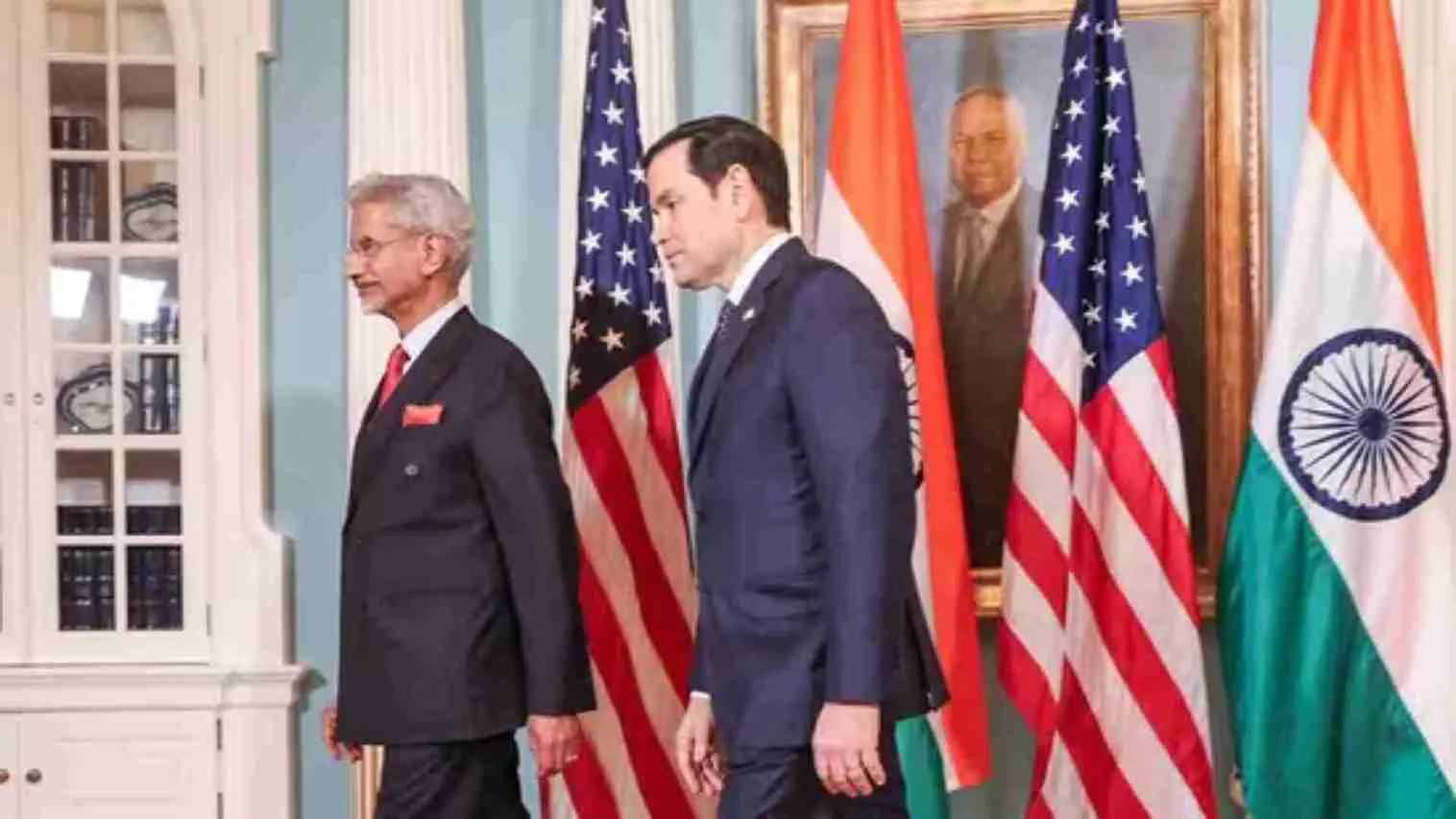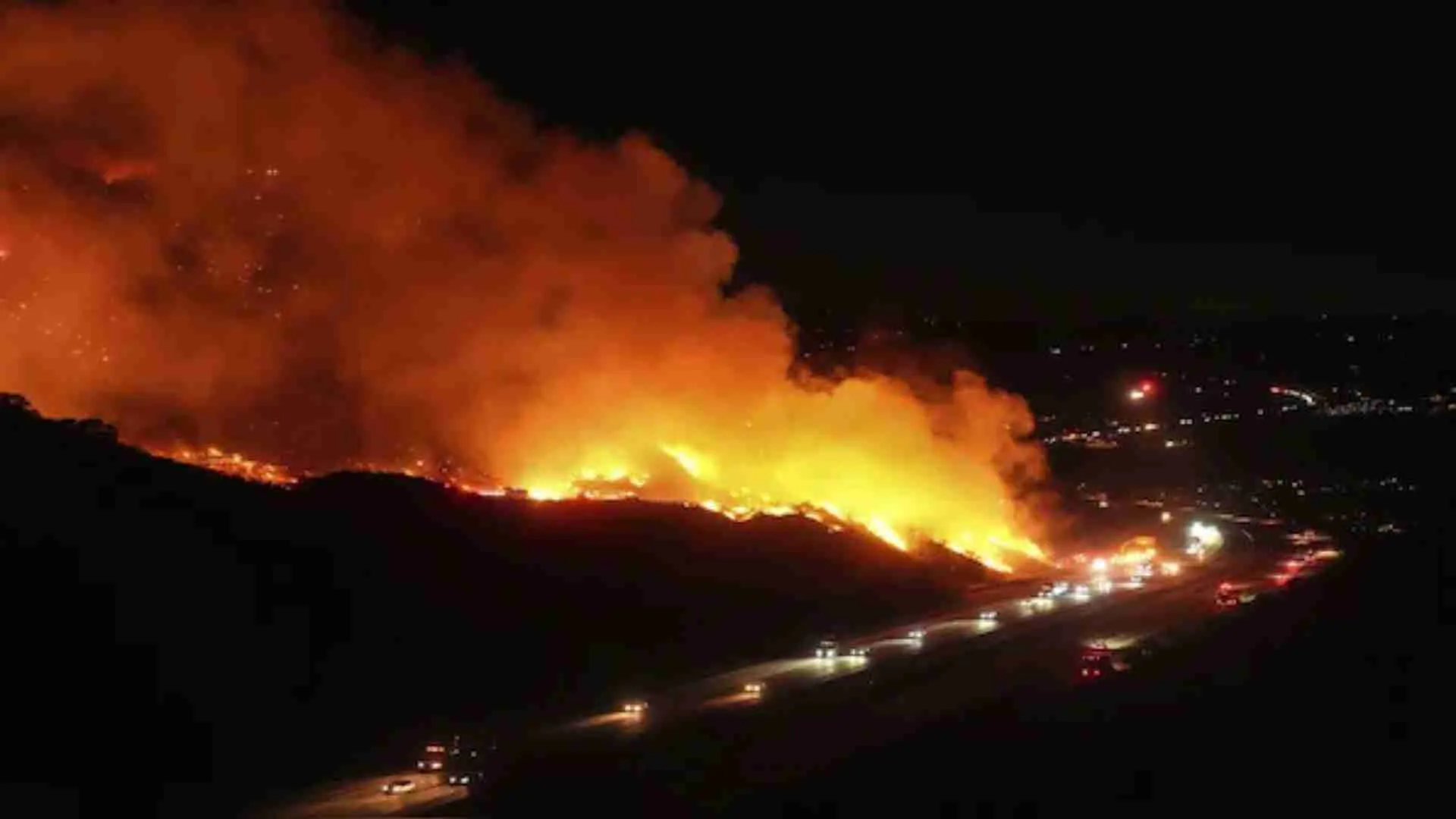In a seismic shift for the Middle East, Islamist rebels have announced the ousting of President Bashar al-Assad after seizing control of Damascus, marking the end of his family’s decades-long rule-following over 13 years of civil war. This dramatic regime change is poised to reshape the power balance in the region, significantly diminishing the influence of key allies Russia and Iran, who have supported Assad throughout the conflict.
The fall of the Assad regime signals a pivotal moment in Middle Eastern geopolitics, as various regional and global forces vie to fill the power vacuum left in the wake of this upheaval. While Western and Arab states, along with Israel, are likely to attempt to curtail Iran’s influence in Syria, experts suggest they may be hesitant to support a radical Islamist regime as a replacement for Assad.
Iran’s Strategic Loss
For Iran, the loss of Syria represents a potential collapse of its so-called Axis of Resistance, which includes allied states and militia groups. Historically, Syria has served as a critical conduit for Iran to extend its influence through proxy groups in the predominantly Sunni nation. The Islamic Republic, alongside Hezbollah, has played a crucial role in bolstering Assad’s military efforts. However, recent developments, including Hezbollah’s withdrawal to focus on its conflict with Israel, have left Assad’s regime increasingly isolated.
Hadi al-Bahra, a Syrian opposition leader, noted that the weakening of Hezbollah and reduced Russian support due to its ongoing issues in Ukraine have significantly impacted Assad’s ability to maintain power. Experts warn that losing Syria would be a “huge blow” for Iran, disrupting vital supply routes and diminishing its regional leverage.
Implications for Lebanon
The fallout from Syria’s turmoil is expected to reverberate throughout Lebanon, where Hezbollah’s tenuous truce with Israel hangs in the balance. The insurgents’ advance toward the Lebanese border could sever Hezbollah’s critical logistics and supply routes from Iran, further constraining Tehran’s influence in the region.
Antoine Habchi, a Lebanese MP, emphasized the importance of controlling the Syrian-Lebanese border to prevent the transfer of strategic weapons into Lebanon, highlighting the precarious situation for Hezbollah amid the shifting dynamics in Syria.
Turkey’s Strategic Interests
Turkey has sought to enhance its influence in the region by engaging with Assad, aiming to manage Kurdish separatist movements along the Turkish-Syrian border. Despite its support for opposition forces, Turkey has not ruled out a potential rapprochement with Syria, particularly as it seeks to maintain control over oil-rich areas in northern Syria.
Israel’s Dilemma
The changing power dynamics in Syria present a complex challenge for Israel. While Assad’s regime historically posed a limited threat, the rise of Islamist factions, particularly Hayat Tahrir Al Sham (HTS), complicates Israel’s security landscape. The group, led by former al-Qaeda fighter Abu Muhammad Al Jolani, presents a new ideological challenge for Tel Aviv.
Avi Melamed, a former Israeli intelligence official, noted that Israel finds itself caught between the weakened Iranian influence and the rise of radical groups. Recent Israeli airstrikes in Syria, targeting military installations, reflect the ongoing tensions as Israel seeks to prevent weapons from falling into the hands of extremist factions.
As the situation in Syria continues to evolve, the implications for regional stability and power dynamics remain profound, with various actors poised to navigate the uncertain landscape in the wake of Assad’s fall.























